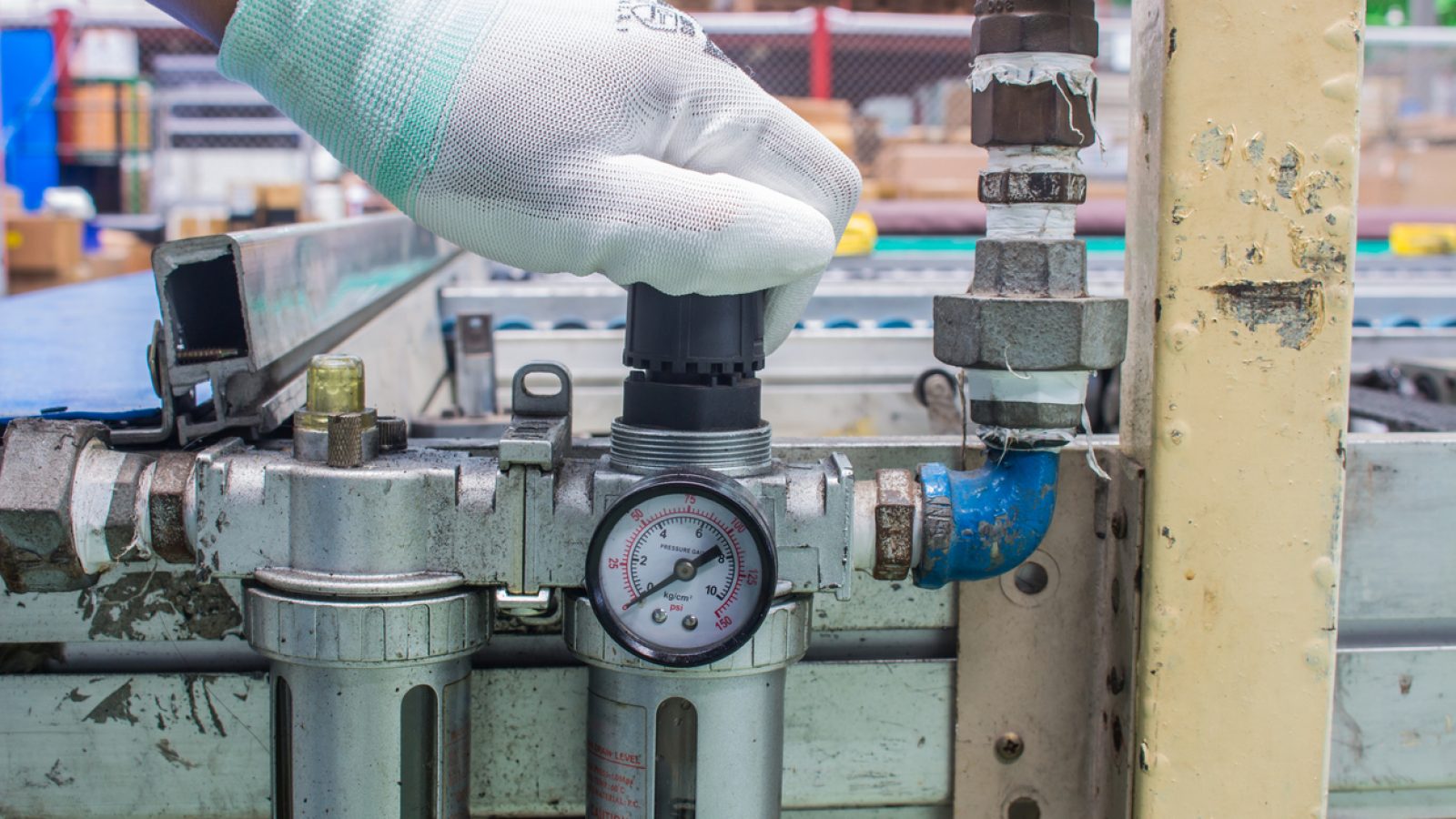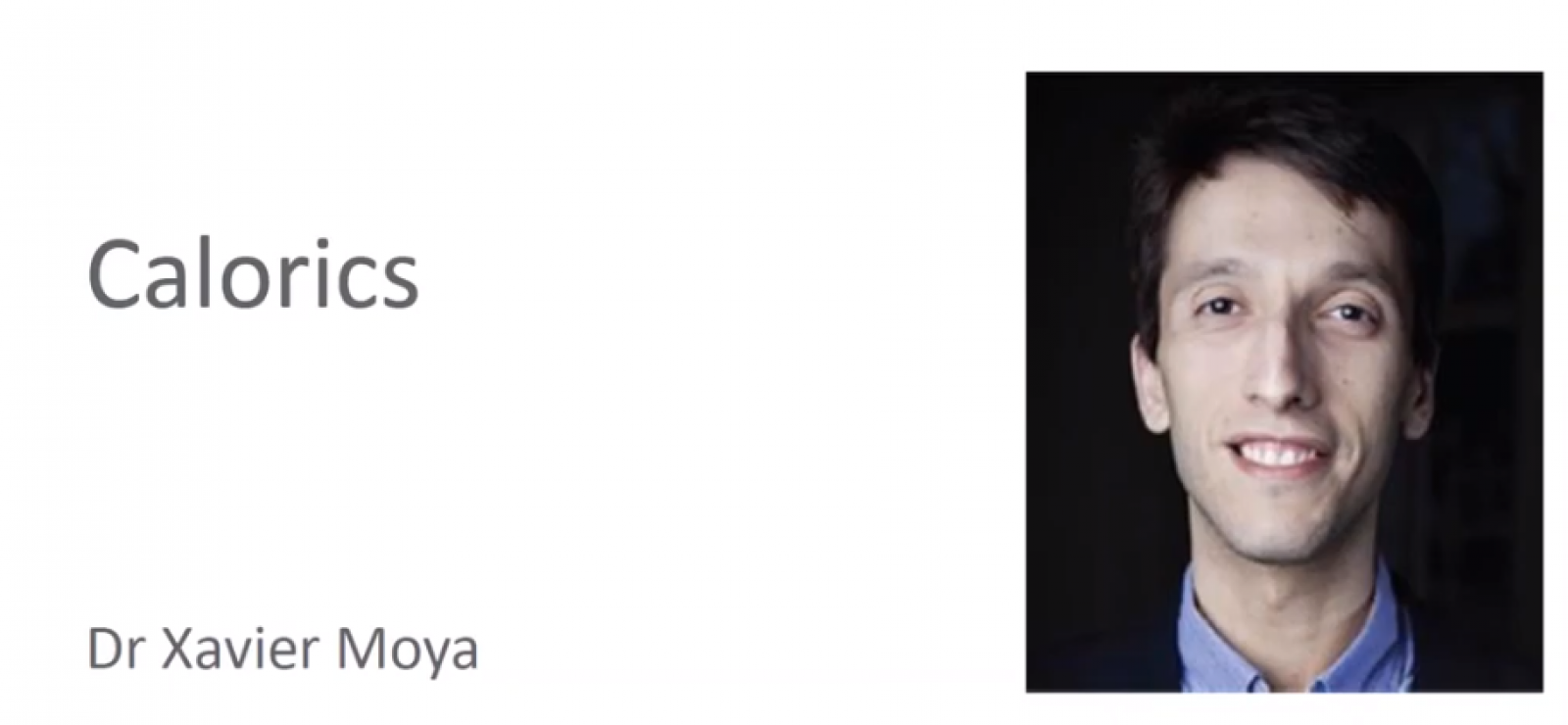This website uses cookies so that we can provide you with the best user experience possible. Cookie information is stored in your browser and performs functions such as recognising you when you return to our website and helping our team to understand which sections of the website you find most interesting and useful.

Caloric Energy Conversion Materials
Materials for the Energy Transition roadmaps
As part of the Materials for the Energy Transition roadmapping process, the Henry Royce Institute in collaboration with the Institute of Physics have brought together UK experts from academia and industry to explore how materials science can contribute to the 2050 net-zero-carbon targets.
The roadmapping workshops and community activities around materials for decarbonisation of heating and cooling have shown that both thermoelectric materials and caloric materials can enable step-change reductions in energy consumption towards supporting the UK’s net-zero goals, as well as creating new product markets and secondary supply chains. This is through exploring pathways towards accelerated deployment of thermoelectric and caloric energy conversion devices for refrigeration, air conditioning and heating that are non-polluting, compact, efficient, and can be manufactured using sustainable methods.
The Caloric Energy Conversion Materials roadmap demonstrates that the potential impact of calorics to UK heating and cooling is a 50% reduction in energy consumption, and the use of refrigerants that do not contribute to the greenhouse effect. The key message in this technology area is the need for collaboration networks across UK academia and industry, to address the challenges within and across the four caloric effects more efficiently and effectively. Investment is needed to enable fundamental research in materials discovery and development. Additional investment is needed in developing the UK’s ability to manufacture high-quality multilayers.
Click here to view the Caloric Energy Conversion Materials roadmap
If you would like to cite this document, please use the following text:
Moya, X., Ilevbare, I.M., ‘Materials for the Energy Transition roadmap: Caloric Energy Conversion Materials’, Henry Royce Institute, September 2020 https://www.royce.ac.uk/content/uploads/2021/10/M4ET-Caloric-Energy-Conversion-Materials-roadmap.pdf
Materials for the Energy Transition Roadmaps
Materials for Hydrogen Generation
Materials for Photovoltaic Systems
Useful Links

“Taken together, heating and cooling represent the biggest contribution to our energy consumption, and the biggest source of our greenhouse gas emissions. The potential impact of calorics to UK heating and cooling is an important reduction in energy consumption, important savings in running costs and the use of non-polluting refrigerants that no longer contribute to the greenhouse effect.
The key message in this technology area is the need for partnerships and collaboration networks across UK academia and industry that are specialised in air-conditioners and heat pumps, refrigeration and manufacturing, to explore incorporation of caloric materials into the existing applications space. This would see a cohesive network of leading academics and stakeholders under which all caloric strands unite to address common challenges in assessing performance, scale-up and device architecture, and advanced testing.”
Prof Xavier Moya | Royal Society University Research Fellow, University of Cambridge | Theme Lead for Caloric Energy Conversion Materials
Materials for the Energy Transition Roadmap Webinar
Click here to view a presentation from Dr Xavier Moya (University of Cambridge) on the key findings from the Materials for the Energy Transition roadmapping on Caloric Energy Conversion Materials.
This presentation was part of the Materials for the Energy Transition Roadmap Webinar held by the Henry Roye Institute and the Institute of Physics on 15 June 2020. The full webinar recording can be viewed here.


